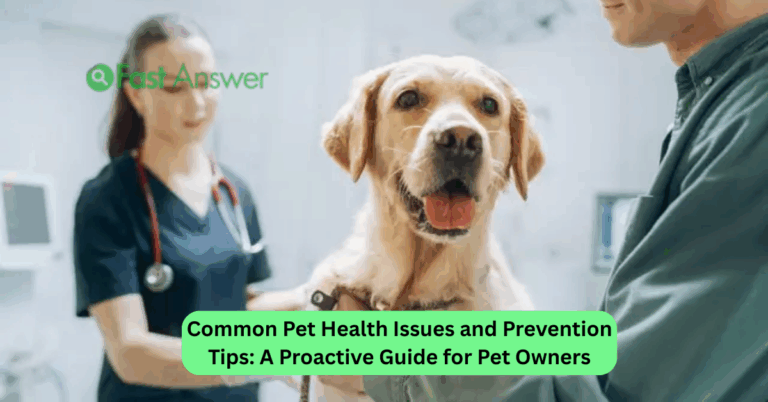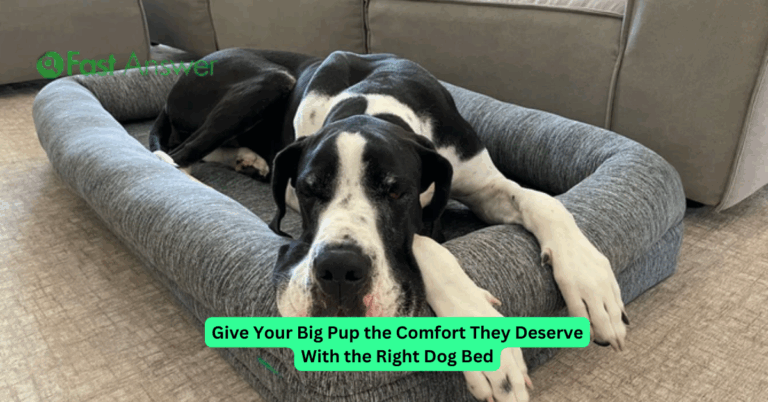Top Pet Care Tips for First-Time Owners: Start Strong With Your New Companion
Bringing a pet into your life is one of the most rewarding decisions you can make but it also comes with serious responsibilities. First-time pet owners often feel overwhelmed by the sudden shift in routine, the endless product choices, and the pressure to “get it right.” Whether you’ve adopted a puppy, a kitten, or a rescue animal, the key to a healthy and happy bond lies in preparation and consistency. This guide breaks down the top pet care tips for beginners, helping you avoid common mistakes and build trust from day one.
Why Routine Is Your Secret Weapon for Raising a Well-Adjusted Pet
Just like humans, pets thrive on routine. Feeding them at the same time daily, setting regular bathroom breaks, and sticking to a sleep schedule helps reduce anxiety and builds a sense of safety. New pet parents often overlook how important predictability is in training and behavioral development. Routine doesn’t mean rigidity it simply creates structure. Whether you’re house-training a dog or helping a cat feel at home, consistency will make your pet more confident and obedient.
Choosing the Right Food: It’s Not Just About Labels
One of the most common mistakes new owners make is assuming that all pet food is created equal. But each animal has unique dietary needs depending on its breed, size, and age. For instance, kittens need more protein and fat than adult cats, and certain dog breeds are prone to food allergies. Don’t let flashy packaging mislead you consult with your vet for personalized nutrition advice. High-quality food supports digestion, energy, coat shine, and long-term health, so this is not an area to cut corners.
Vet Visits Are Not Just for When Something’s Wrong
Preventative care is often underestimated by first-time pet owners. Regular check-ups help catch issues early, like dental disease, parasites, or joint problems, before they become serious or costly. Vaccinations, spaying/neutering, and microchipping are also essential steps in responsible pet care. Establishing a relationship with a vet early ensures your pet gets the right treatment throughout their life and helps you get guidance on things like behavioral shifts or dietary changes.
Training and Socialization Start the Moment You Bring Them Home
You don’t have to be a professional trainer to teach your pet good behavior but you do have to start immediately. From basic commands like “sit” and “stay” to leash manners and crate training, early instruction prevents bad habits and builds communication. For dogs, positive reinforcement works best, while cats respond well to patience and environmental enrichment. Early socialization meeting new people, animals, and environments also plays a vital role in developing a calm and friendly pet.
Don’t Underestimate the Power of Mental and Physical Stimulation
Many pet behavior problems stem from boredom. First-time pet owners often focus solely on physical needs like feeding and grooming, neglecting the importance of mental engagement. Dogs need daily walks, puzzle toys, and playtime, while cats benefit from climbing structures, window perches, and interactive toys. Keeping your pet’s mind busy helps reduce destructive behavior, improves sleep, and strengthens your bond. Enrichment isn’t optional it’s essential.
FAQs
How often should I take my new pet to the vet?
Start with an initial check-up, then follow up every 6–12 months depending on age and health.
What’s the best way to train my pet without hiring a professional?
Use positive reinforcement like treats and praise. Be patient, consistent, and keep sessions short.
Is it okay to leave my pet home alone all day?
Most pets can tolerate short periods alone, but extended time without stimulation can lead to anxiety or bad behavior.
Do I need pet insurance as a new owner?
It’s not mandatory, but it can be a financial lifesaver in emergencies or for chronic conditions.
What should I do if my pet isn’t eating or acting normal?
Consult a vet immediately. Sudden changes can signal health issues that need quick attention.




